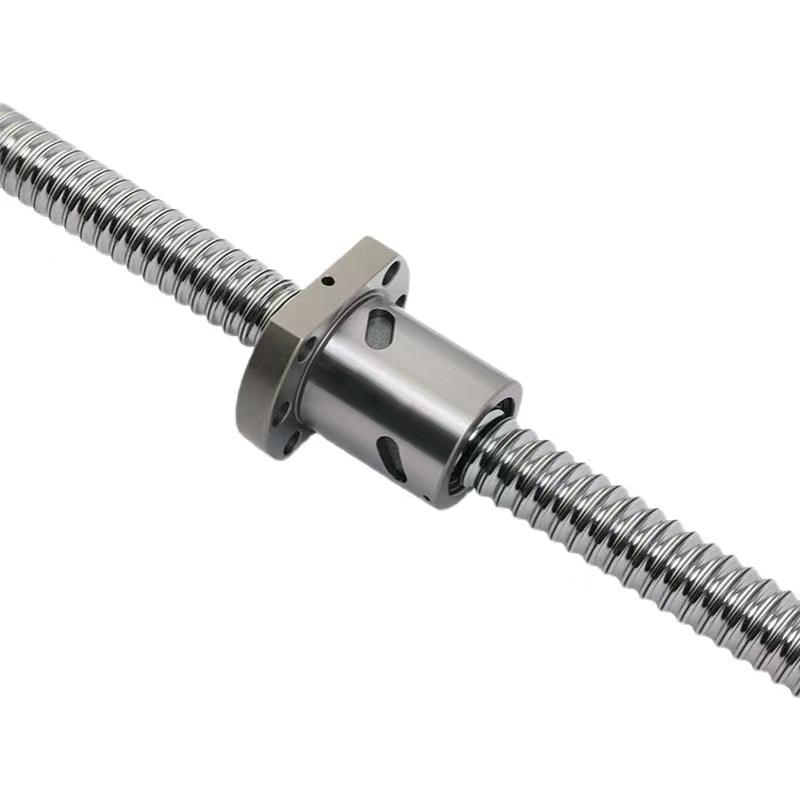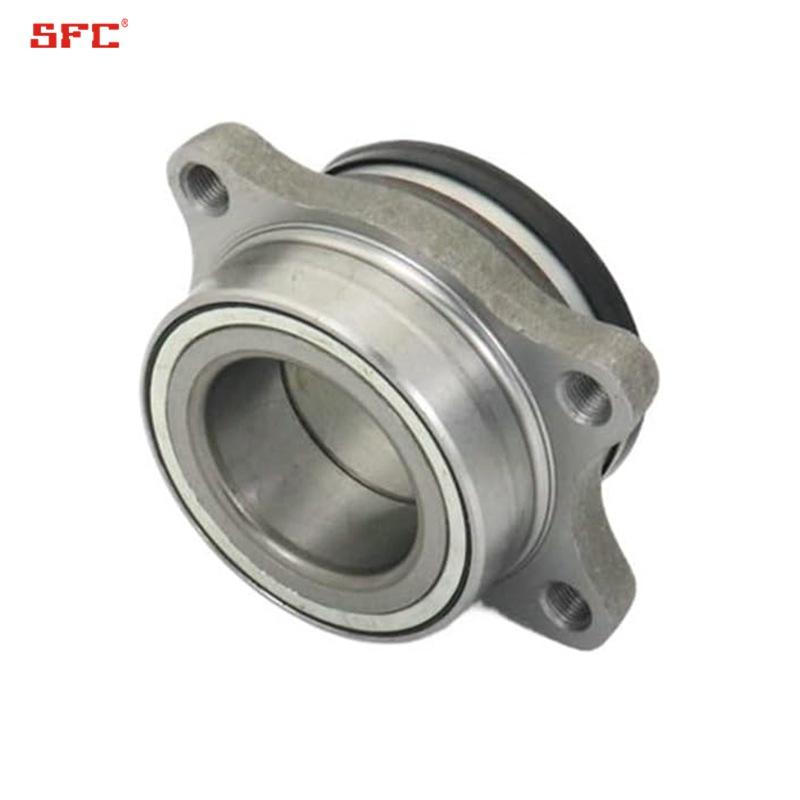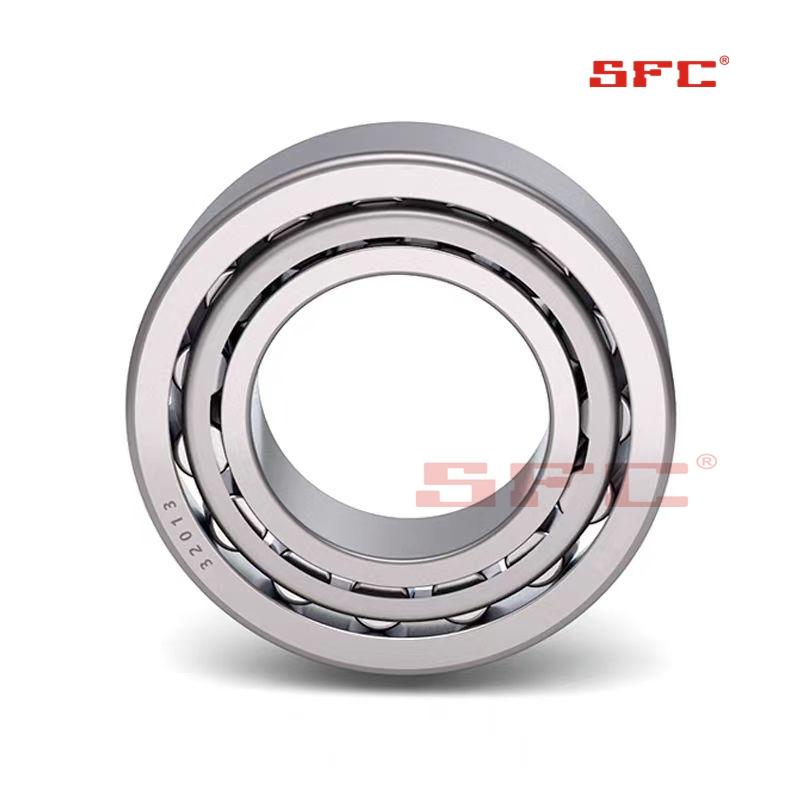Bearing technology continues to develop towards higher precision, lighter weight, and greater intelligence.
The role of bearings in new robots:
(1) Supporting and stabilizing rotating components: Bearings support rotating components such as motor shafts, gearbox input and output shafts, ensuring their stability during high-speed operation. Without high-quality bearings, rotating parts may shake, leading to unstable or even damaged machine operation.
(2) Reduce friction: Bearings help robots maintain precise axis positions during motion by reducing friction, thereby ensuring the normal operation of the robot.
(3) Improving motion accuracy and stability: The selection of bearings has a significant impact on the load capacity, speed, accuracy, and stiffness of robots. Appropriate bearing design can extend the service life of robots and ensure smooth and accurate movement.
From basic motion to high-end intelligence, the performance of bearings directly determines the flexibility, reliability, and overall performance of humanoid robots. With the expansion of robot application scenarios (such as medical care, industrial collaboration, home services, etc.), the requirements for bearings will also become more stringent, promoting the continuous development of bearing technology towards higher precision, lighter weight, and more intelligence.
Data shows that China's bearing industry has a sound industrial chain, with a complete layout of metal materials such as bearing steel and stainless steel, non-metallic materials such as modified plastics, and key components such as bearing rings. In the midstream of the industrial chain, China has strong bearing manufacturing capabilities, with products covering multiple fields such as automotive bearings, engineering machinery bearings, shield bearings, and wind power bearings. At the same time, the booming development of downstream application fields such as automobiles, robots, home appliances, etc. has also provided stable market demand for the bearing industry.
It is worth mentioning that in the field of robot bearings, China's machining accuracy has reached the standards of automotive and machine tool bearings, and has successfully achieved domestic mass production of RV and harmonic reducer bearings. In addition, during the 13th Five Year Plan period, China has successfully industrialized automotive bearings such as third-generation wheel hub bearings for cars and new energy vehicle drive motor bearings, as well as high-end products such as industrial robot RV reducer bearings and harmonic reducer bearings.




